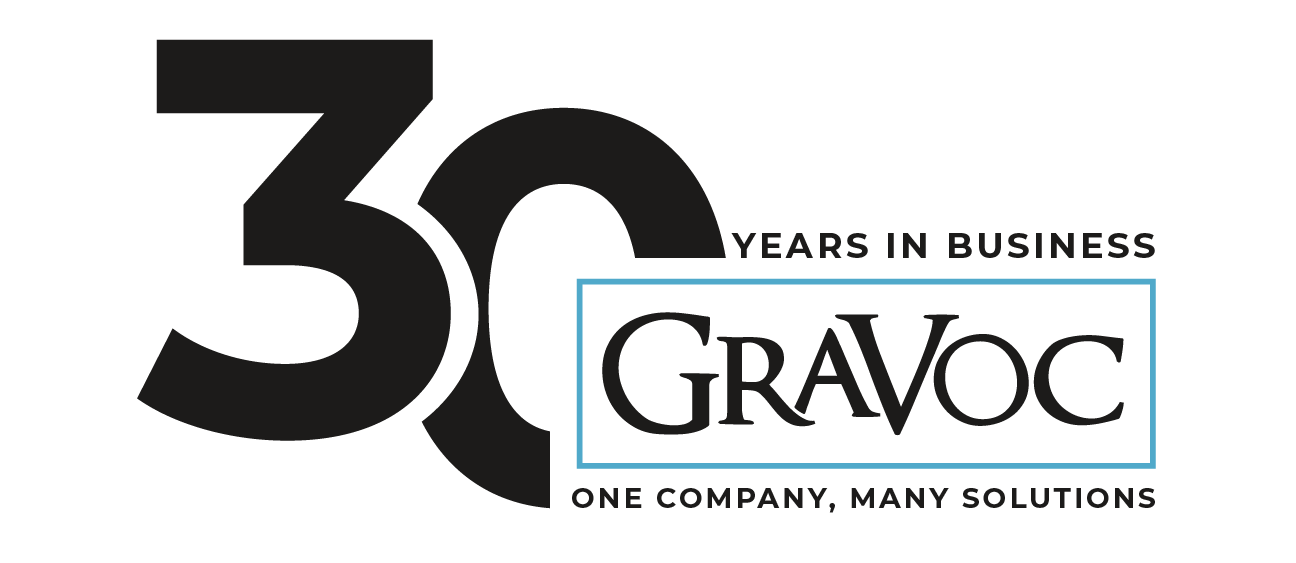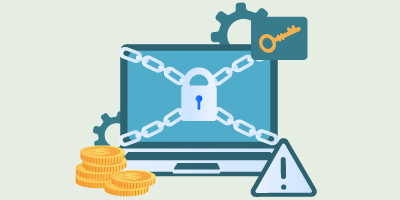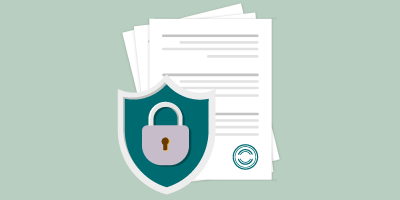We’ve recently seen an increase in ‘challenges’ and ‘questionnaires’ on Facebook where users copy and paste content from their friends or family and change their answers to their own. A few recent posts that we’ve seen look something like this:
Who Are You challenge?
Car Challenge
Relative Challenge
As innocent as these quizzes are, what you are ultimately doing is sharing information about yourself that could help hackers and cybercriminals gain access to your personal information. Common security questions such as ‘what was your first car’, or ‘what is your mother’s maiden name’ are used to protect everything from email accounts to banking applications. These types of posts are promoting and encouraging users to share personal information about themselves and if they land in the wrong hands could be extremely detrimental.
Another challenge that is going around is asking users to share their high school senior picture to support the Class of 2020. The Better Business Bureau put out a news article asking users not to participate in this challenge stating that by sharing your high school senior photo, along with your school name and graduation year, you are allowing scammers and hackers access to your sensitive information. High school names and graduation years are common security questions and by sharing this information you could be vulnerable to cyberattacks.
As a majority of us continue to be cooped up inside due to COVID-19, we encourage you to not participate in these types of challenges and quizzes and keep all personal information private.
GraVoc offers Information Security services to help keep organizations secure and to help keep employees up-to-date on the latest cyberthreats that are out there. Should you have any concerns about the cybersecurity of your business, please don’t hesitate to contact one of our Information Security consultants.
Related articles
Change Healthcare Attack: Ransomware Protection Measures for Healthcare Organizations
In light of the Change Healthcare attack, we explore why hackers target healthcare and how healthcare can defend against ransomware.
GraVoc Recognized on CRN MSP 500 List for Second Year in a Row
For the second year in a row, GraVoc has been recognized on the CRN® MSP 500 list in the Pioneer 250 category!
PCI SAQ Types: Which SAQ is Right for Your Business?
In this blog post, we provide an overview of the SAQ types for PCI DSS v4.0 and how to select a PCI SAQ that’s right for your business.




